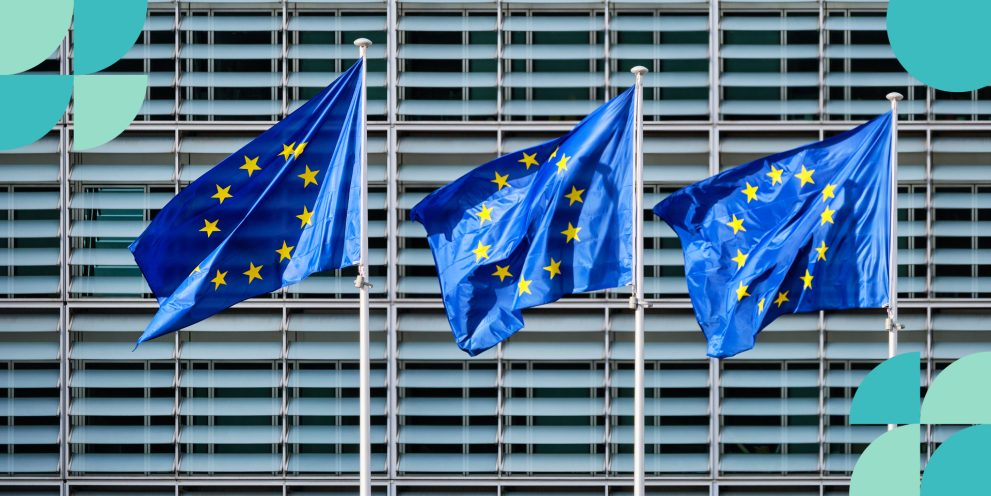
A regulation to prevent market-distorting foreign subsidies
The notification obligations for high-value public procurements under the Foreign subsidies Regulation (FSR) began 100 days ago, on 12 October 2023.
In the area of public procurement, subsidies from third countries can give the recipients an unfair advantage in obtaining public contracts in the EU. The FSR therefore allows the European Commission to investigate financial contributions granted by non-EU countries to companies active in the EU, to ensure fair and undistorted market conditions.
The European Commission has so far received more than 100 submissions (meaning notifications, or declarations that there is nothing to notify). However, there is still a need to spread awareness of the FSR, and of the roles and obligations of economic operators and contracting authorities.
Role of economic operators
The FSR makes it mandatory for economic operators participating in a public procurement procedure with a contract value of at least €250 million to notify all foreign financial contributions of at least €4 million received from non-EU countries. If the contract value is €250 million or above, but the foreign financial contributions received do not exceed €4 million per non-EU country, economic operators must only submit a simple declaration.
The economic operator must submit the notification or declaration to the contracting authority when it submits the tender. In the case of multi-stage public procurement, it must be submitted both with the request to participate, and with the final tender. If the public procurement is divided into lots, a notification must be made if the aggregated value of all the lots to which the tenderer applies is equal to or greater than €125 million.
To facilitate the submission and assessment of notifications and declarations, economic operators may – and are strongly encouraged to – use the designated eForm, an online tool that helps to create the submission in the right format and with the right content. The tool simply requires registration and use of the EU Login authentication service.
Finally, the European Commission offers informal and voluntary pre-notification discussions with economic operators who have a need for clarification on what to submit, before sending the formal notification to the contracting authority.
Economic operators are also invited to inform the European Commission about any suspicions of unnotified foreign subsidies received by competitors.
For all communication with the European Commission, it is strongly recommended to use EU Send – our secure digital communication tool.
Role of contracting authorities
When a public tender has a contract value of at least €250 million, the contracting authority in charge of the procedure needs to make sure that all participants submit either a notification or a declaration along with their bid. These submissions are promptly forwarded to the European Commission for assessment, using EU Send for secure digital communication.
The receipt of the submission by the Commission marks the start of the 20-day preliminary review. During this period, contracting authorities may proceed with the evaluation of the offers and other necessary actions for the procurement procedure. However, it is important to remember that the contracting authority cannot award the contract to an economic operator before the end of the preliminary review.
In general, to ensure compliance and equal opportunities among economic operators, contracting authorities in charge of a procedure falling under the FSR are encouraged to:
- inform tenderers in the contract notice or in the tender documents about their notification obligation when the threshold for notification is met;
- promptly request a submission from economic operators participating in public procurement when no notification or declaration is received with the bid.
The European Commission is organising an awareness-raising campaign to promote the FSR and how to apply it effectively. In the coming weeks, the Commission services will meet the relevant national contact points to discuss the implementation of the FSR’s notification obligations in relation to public procurement procedures.
The European Commission will also organise a workshop with members of the Industrial Forum in the second half of February 2024, to familiarise economic operators with the FSR and its advantages.
***
For more practical information on the FSR, including Questions and Answers specific to public procurement, visit: Practical information - European Commission (europa.eu).
Details
- Sector
- Publication date
- Submitted by
- European commission
- Yes
